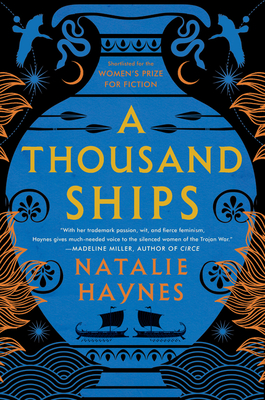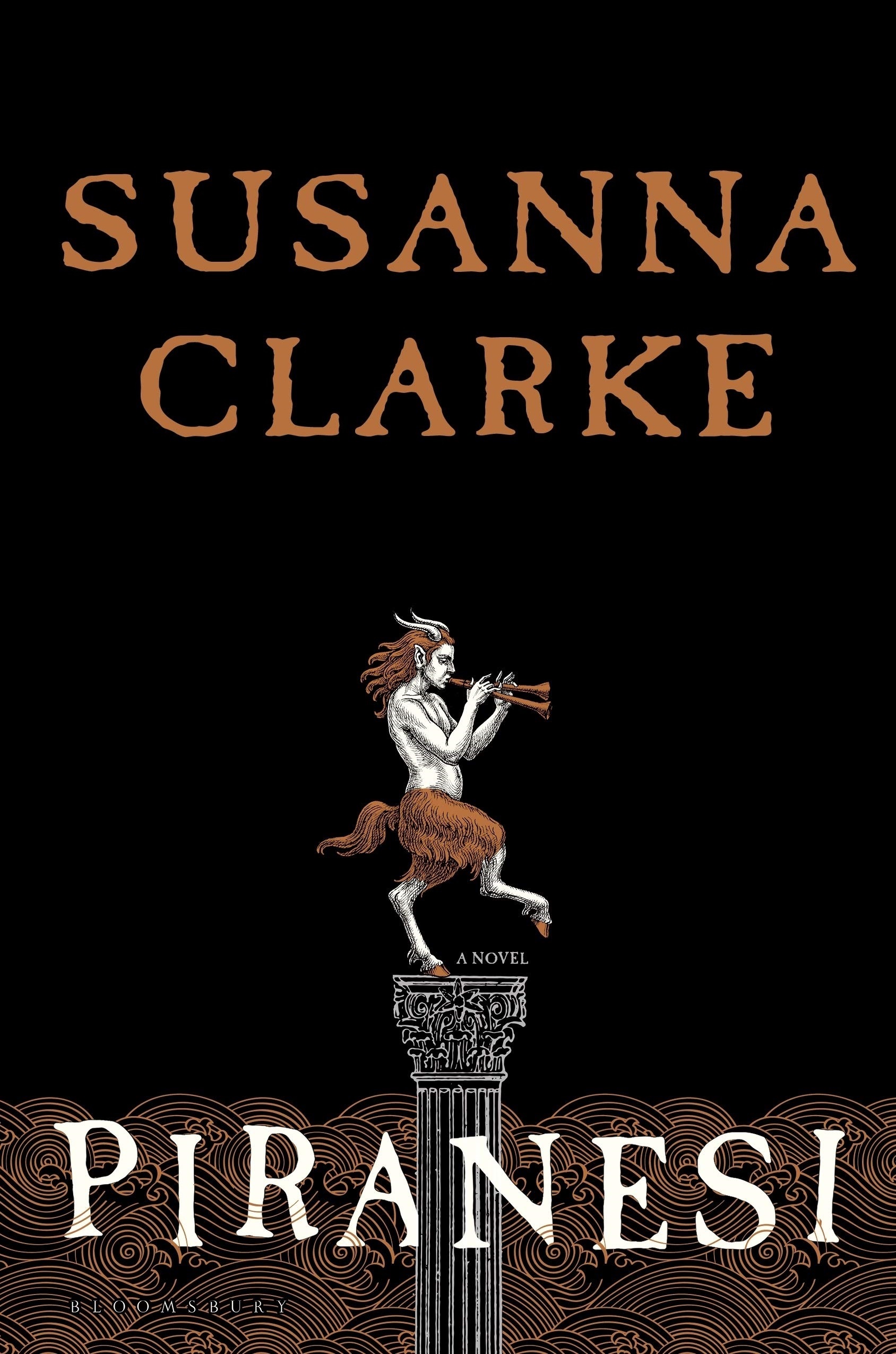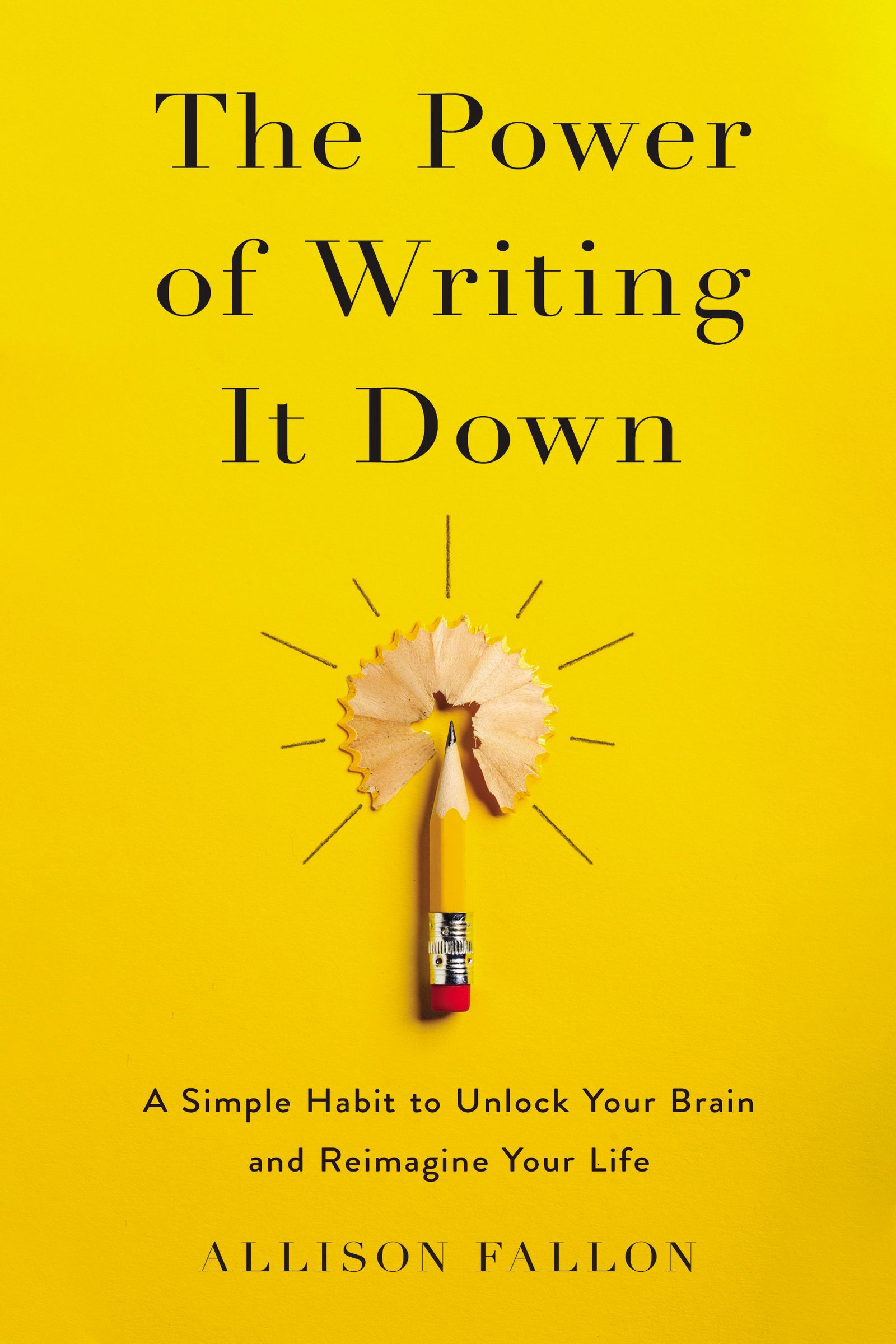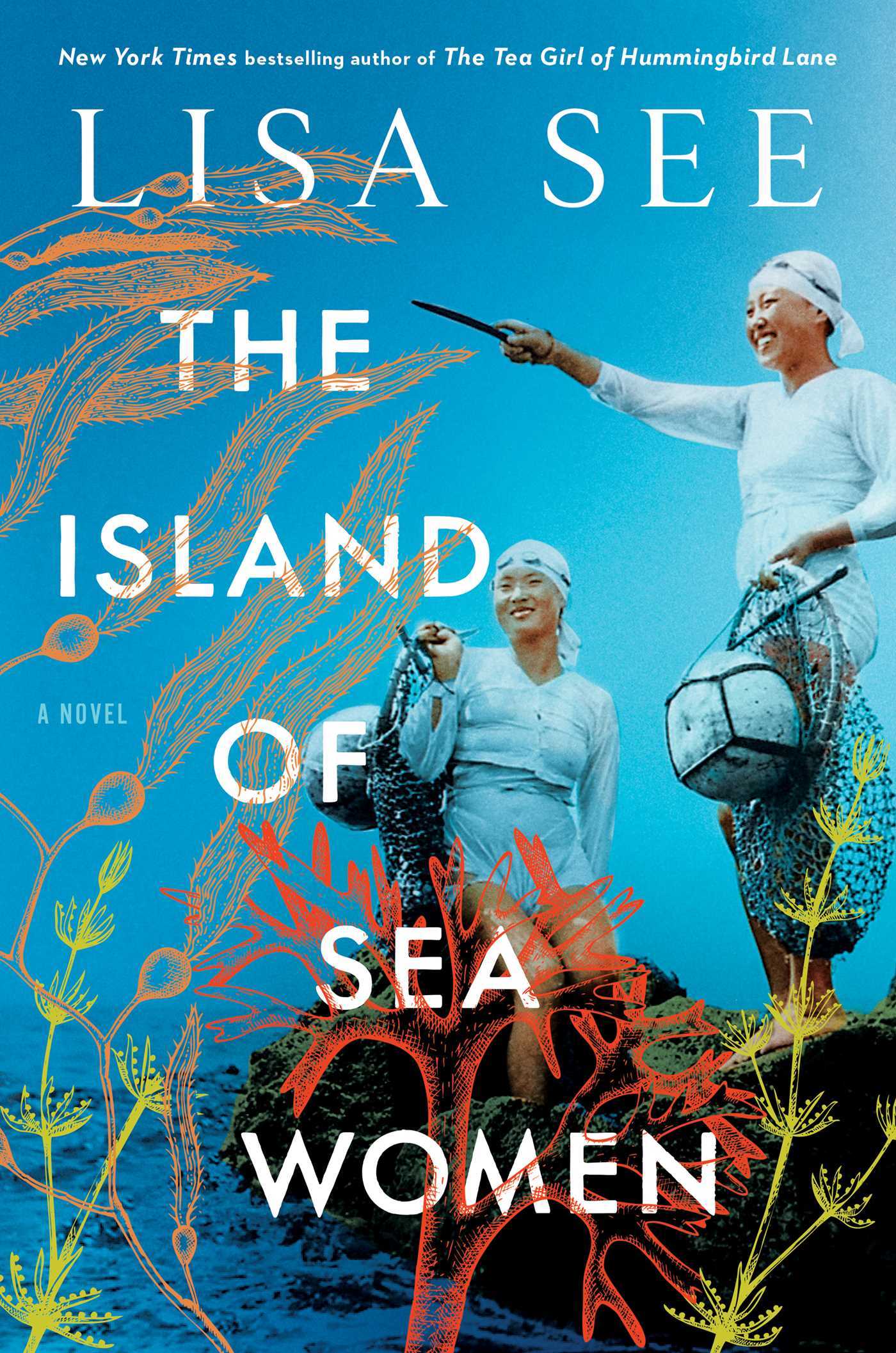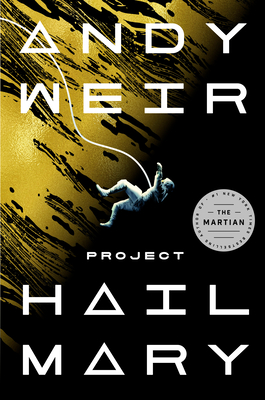Personal revelation is and always has been one of the most foundational realities of my life. I was twelve years old the first time I had a spiritual experience that counts as revelatory, and I've continued to have experiences throughout my life that are profound and undeniable. When I pray into the void, there is a voice and a feeling that speaks back to me, and I have lived my life trying to seek, follow, and stay true to that voice. I believe it is God.
Why did I marry my husband? Because that voice told me to not go on a mission but stay home and get married. Why do we live where we live? Because that voice told me to get a PhD, and guided me in where to apply. Why do I practice my religion despite doubts and questions? Because that voice confirms that this is the path for me.
I've written before at various times about how revelation has guided my life (here, and here and some other places too). In the case of my decision to get a PhD, the voice and revelation were loud, clear, and incredibly direct. The path opened before me and I was certain about the revelation I received.
But my revelation and guidance hasn't always been that clear, and I think those moments are worth exploring and thinking about too. Sometimes, I don't always know what I'm supposed to do, sometimes the promptings or impressions are confusing and unclear, or sometimes, I just don't understand.
One time revelation didn't come the way I expected was after marriage, when we faced the question of when to have children. Everyone around us was getting pregnant, and I'll admit that I was fairly baby-hungry myself, but my husband wanted us to wait. Of course, I just knew the Lord would have an opinion on the subject (an opinion that would override my husband's opinion), and so I prayed fervently about wanting a baby, wanting to know when we should start trying, etc... and I got nothing. Zero. Not a flicker of response. Complete heavenly silence. It almost felt like the Lord didn't care if we had kids or not.
This made zero sense to me. How could the Lord not care about us having children? Wasn't that the point of marriage? Weren't we supposed to be fruitful and multiply and replenish the earth? Weren't children the point? I'd heard so many stories from so many women in my life about the strong impressions they had when they were supposed to have children, the number of children they were supposed to have, even strong impressions about the gender and birthdays of the children they were going to have. The Lord seemed to care deeply about other couples having children, why didn't he care about us?
We eventually got pregnant three years into our marriage (a compromise, two years later than I wanted, two years earlier than my husband wanted) without any sort of revelatory okay. We just went for it, and got pregnant on the first try, and considered that enough of a heavenly stamp of approval.
Pregnancies two and three proceeded in a similar manner. We would make a plan based on our own convenience and desires, I'd pray about it, and get no response. No confirmation, no denial, nothing. No feedback whatsoever. So we'd just go ahead, and always get pregnant on the first try, and assume the Lord was okay with our choices.
Through these child-bearing years, what I was getting strong and clear revelation about was my education. I received very clear affirmative impressions to get a master's degree, and then later received the strongest and clearest revelation of my life about getting a PhD. I was so confused by these revelations, because I just didn't see how me getting a PhD would fit in with our family planning, and with my vision of the kind of mother I thought I was going to be. We knew we wanted Baby #3 (who was not yet conceived when I started getting revelations about a PhD), and we knew we also wanted a Baby #4 at some point. How was that going to work with a PhD?
I decided to take a year off after graduating with my master's before starting a PhD program, and have Baby #3 that year. When I prayed about this decision, I got, again, zero feedback. The Lord wasn't saying no, but there was no positive affirmation either. So we just went for it, and I started my PhD program with an 8 month old baby. It was rough. That first year, I did not get a lot of sleep. I was tired and stressed all the time. The second year was pretty busy as well. By the third year, when I finished my course-work and began looking ahead to my dissertation phase, my husband and I started talking about Baby #4 again. We knew we wanted a fourth baby, and with our youngest now three years old, we felt like we didn't want the age gap to get much bigger.
I went to the temple one night in late November 2019 (ah, back when temples were open), and I presented our plan to the Lord. We would try to get pregnant the following year, aim for an August (2020) conception so I could deliver May (2021) and have the summer for maternity leave, then be ready by the fall to finish my program. I prayed and prayed, and then stopped to listen, and the voice that spoke back to me said:
"Your research is very important to me. Your dissertation is very important. That is the work I have called you to. Don't get distracted from your research."
Guys, I was dumbfounded. I research the reading practices of audiences in early modern England. I find my research to be fascinating and fulfilling, but nothing about it is important. Nothing about it is going to save lives or cure cancer or make the world better (okay, I mean, yes it can, but you know what I mean). I have never understood why the Lord wanted me to get a PhD in the first place, but hearing the voice tell me my research was my calling in life? The one thing I was supposed to be doing? When what I was asking for was confirmation about having another child? I just don't understand. I don't understand at all.
So I pushed back and I said, "Okay, if I promise to not get distracted and work really hard on my dissertation, can we get pregnant next year?"
And the answer was, "Well, if you really want, then go ahead. But it won't be easy."
I just. I just don't even know what to do with this revelation. This feeling that the Lord sincerely does not care one way or the other if I have children, or how many, or when, but He cares deeply that I write a fairly average dissertation (that no one will ever read) about early modern reading audiences. These are the moments that I wonder, am I just making all this up in my head? Do I really know what revelation is? Because this does not seem to follow the pattern of what I expect God to care about for me!
So now, let's fast forward to last summer. I'm gearing up for August when we plan to conceive (and remember, we have a 100% track record for getting pregnant on the first try, so we are very confident in our ability to plan this out). And I keep hearing whispers, "Get to work on your dissertation! Get started!" But it's a busy summer and I have a different writing project deadline (a book chapter that's getting published this year! eek!), and I think, once the semester starts I'll have plenty of time to start my dissertation.
Imagine my surprise when the end of August came and my period started. Despite all our usual efforts, I didn't get pregnant. It was a setback, a disappointment, and unexpected given our track record, but it was okay. We could get pregnant in September and still have most the summer for maternity leave, and it would still work. But of course, I went to the Lord to check in. I knelt down the night I started bleeding, and plead, "Can we have our baby?" And the answer was:
"If you write the first chapter of your dissertation in September, I will let you get pregnant."
Okay! Right! Dissertation chapter first, then baby! I was figuring this out, I could remember that old promise that I wouldn't get distracted from my research. If I'd wanted to get pregnant in August, I should've listened to those promptings to work on my dissertation over the summer! So I dove in. I got really really focused, blocked out all distractions (didn't check Instagram once!) and I spent September doing really deep work, writing as much as I possibly could. I knocked out a good 16 pages of that first chapter, which for one month's work is quite a bit. So the chapter wasn't finished, so what? I knew the Lord would accept my good faith effort and I just knew I was going to be pregnant. Five weeks passed without a period, and I just knew.
I took a pregnancy test and it came back negative. The next day (five weeks and one day), I started bleeding.
I've got to say I was pretty shaken by this. I was shaken in my faith of my body, my faith in our fertility (were we getting old?), but mostly, my faith was shaken in the revelation I thought I had received. I thought the promise was I'd get pregnant in September if I wrote the first chapter, and I had (at least, mostly, but was the Lord really that much of a stickler?). Why didn't the Lord fulfill His promise?
I had this sneaking suspicion that the Lord didn't want me to get pregnant at all, that He was actively preventing it so I could focus on my dissertation. I didn't know this was true for sure, I was just trying desperately to make sense of my situation. So, the Lord didn't want me to get pregnant. Okay. So that was that. We'd enjoy our three children, I'd throw my heart and soul into this dissertation, and we'd go on living our merry lives. We wouldn't go back on birth control, but we'd also not anticipate it anymore. I really thought, it must not be the Lord's will. So be it.
I continued to work on my chapter, but the pace slowed a bit. I restructured the whole thing and tweaked it, and then actually started research for my second chapter. And I was still teaching, planning online curriculum, grading papers, and keeping very busy. We had a lovely October, and I found myself thinking "It's so nice I can enjoy this soup! If I were pregnant, I wouldn't be enjoying it!" Silver linings and all. I'm fairly good at finding positives in any situation.
November came. I was tired. I kept going to bed at 8:30, then 8:00 PM, as soon as the kids were down. I was hungry. I'd eat everything I'd bring in my lunch and then feel like I was starving a half-hour later. My pants started to feel tight. I blamed PMS. Every single one of these symptoms could be PMS. Five weeks came and went. Finally, one night when tuna sandwiches was on the meal plan menu for dinner, I turned to my husband and said, "I can't eat tuna. I have to make something else." And he said, "Um, you need to take a pregnancy test."
I didn't think I was pregnant. I thought my cruel period was just late again. I really didn't think the Lord wanted me to get pregnant. But my husband ran to the store and grabbed a pregnancy test, and I took one before dinner, and it was positive. I sat and stared for a moment in wonder. I was pregnant. We were getting our Baby #4.
My due date is July 8th, later than we planned, but still with a passable period for maternity leave before I will need to return to teaching and dissertation writing in the Fall. It will work. I immediately started feeling very sick, but in the course of small mercies it was close enough to the end of the semester that I was able to power through. I finished grading papers, and I managed to write the last 2,000 words of my chapter and submit it to my advisor by the end of the semester. And then I collapsed into bed and didn't get out of it for weeks. Thanks to the pandemic (and a much more humane in-house job), my husband was around to take care of everything, from cooking all the meals and cleaning up all the messes, to setting up the decorations and spear-heading all the holiday festivities single-handedly. So I just laid in bed, fighting to keep food in my stomach, and overthinking about my situation.
I wonder so much about those revelations I received, and the timing of everything. I know I felt like the Lord promised I would get pregnant in September, but maybe He didn't specify a month? After all, is it that much of a difference that I got pregnant in October?
And also, maybe the Lord really did want me to get pregnant, really does want us to have this baby, He was just waiting for the right time when I could be sick over the winter break (and still able to get my research done). Maybe the Lord doesn't need to give me promptings and revelations about having children, because my desires already align with His will on that front?
Basically, the question I ask is, do I trust that voice I hear? Even when it doesn't seem to play out exactly the way I thought I heard that voice? Or even when I don't understand the logic of the voice? When I don't understand why my research is so important and my family planning isn't? Do I trust that voice?
Revelation may not be a science experiment with exactly repeatable outcomes. Revelation may not always make sense. I've been thinking about this a lot as we've been studying the Doctrine and Covenants this year, as that book is nothing but a collection of revelations. We believe those revelations to be the word of God, but when I read through some of those revelations I have to wonder, "Why didn't the Lord just explain it all then? Why did the Lord make this one so confusing? Why was this one so perfectly clear, when this other one takes mental gymnastics to make sense of?" It seems to me that revelation is sometimes a bit messy and mysterious, the voice of a Perfect Being trying to speak to imperfect humans who are full of biases and opinions and emotions and hormones, using human language that is changeable and corruptible, and who knows how clearly that message is getting through?
We are like antenna, radio receivers. Sometimes the message comes through clearly, but if we are just the slightest bit off, it becomes garbled. We may tweak and tune and dance about to get the signal, but sometimes it's more artform, less science. Some people get one answer, some seem to get opposite answers, sometimes it feels crystal clear, other times it's through a glass darkly. Does that mean revelation is not reliable?
Do I trust that voice?
In the end, I always come back to yes. Sometimes it's not what I expect, sometimes it doesn't make sense, sometimes there seems to be no answer whatsoever. But there are those rare moments, when I'm in just the right position, that voice sings through me, and I know. For all the less clear moments, I can't deny the perfect ones. God speaks to me, and I will always, always listen.



